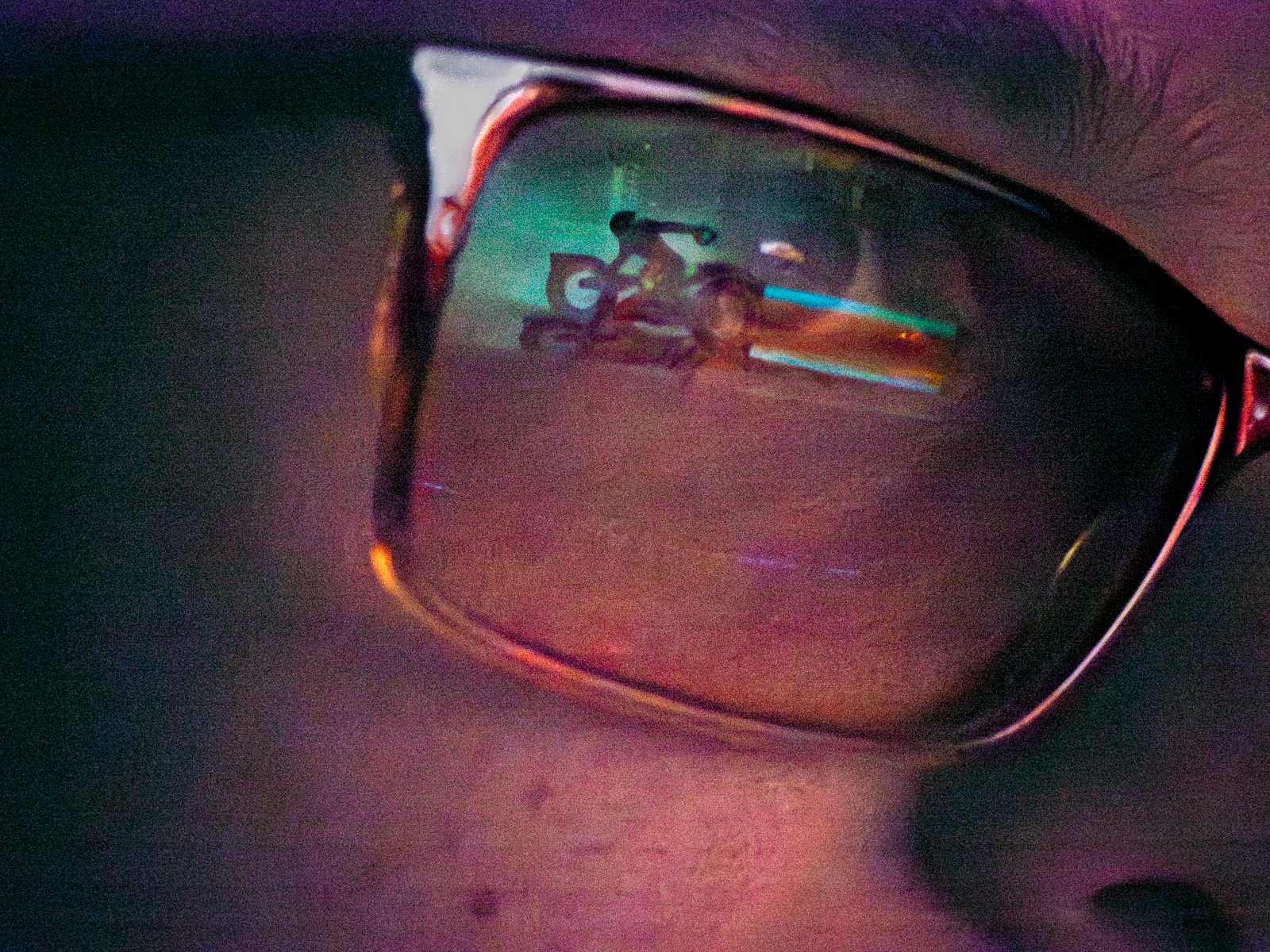As Artificial Intelligence (AI) continues to weave itself into the fabric of our daily lives, the conversation surrounding its application is gaining momentum. While many people may not notice how deeply ingrained AI has become in various sectors, its presence is undeniable—from suggesting edits in Microsoft Word documents to denoising images in Adobe Lightroom. Nonetheless, the ethical implications of AI usage remain a focal point of debate.
Caleb Munoz, a junior civil engineering major at the University of Texas at El Paso (UTEP), exemplifies a positive perspective on AI’s role in education. “It’s helped me through a lot of my classes,” Munoz remarked. “I’m not the type of person to learn automatically in a lecture. It takes time for me to process it.” This sentiment highlights a growing trend where both students and teachers increasingly utilize AI to enhance learning experiences.
The Intersection of AI and Music
In the world of music, the emergence of AI-generated artists is stirring both excitement and concern. Recently, music producer Timbaland introduced an AI music persona named Tata Taktumi, launching with the track “Glitch x Pulse,” in collaboration with the JABBAWOCKEEZ dance group. However, not everyone is thrilled; artist SZA voiced her discontent on social media, questioning why established artists wouldn’t invest their expertise into human talent instead.
Since its release, the music video for “Glitch x Pulse” has garnered 2.3K likes and 9.5K dislikes on YouTube. The backlash points to a broader unease about AI’s encroachment into creative fields. While Tata Taktumi’s music is AI-generated, significant human creativity still shapes its production. Critics argue that the rise of AI-generated content could overshadow the work of talented artists, particularly in creative hubs like El Paso, where local musicians, dancers, and writers may find themselves sidelined.
AI’s Role in Film Production
In another creative realm, the film industry is also grappling with AI’s potential influence. The upcoming film “Tron: Ares” has sparked controversy, particularly when Disney executives proposed incorporating an AI-generated character. Public reaction has been largely negative, with many critics voicing concerns that corporations may prioritize cost-cutting measures over compensating human talent. As the film currently holds a **54%** score on the Tomatometer and an **85%** on the Popcornmeter on Rotten Tomatoes, it’s clear that AI’s role in content creation raises questions about authenticity and ethical responsibility.
The rising prominence of AI tools in both music and film emphasizes the dual nature of these technologies: while they can drive innovation and enhance productivity, they also pose ethical dilemmas regarding the future of human artistry. As AI continues to evolve, the challenge lies in how creators, corporations, and consumers navigate its implications.
Ultimately, AI is a tool—its impact largely depends on how society chooses to wield it. With potential benefits spanning numerous fields, from education to creative industries, the ethical considerations surrounding its use will be critical in shaping its future. As the conversation continues to develop, stakeholders must remain vigilant in ensuring that the drive for innovation does not come at the expense of creative talent and authenticity.
See also Anthropic Reveals AI Model Exploits Training Hacks, Raises Safety Concerns
Anthropic Reveals AI Model Exploits Training Hacks, Raises Safety Concerns AWS Study Reveals Agentic AI Boosts Enterprise Operations and Productivity
AWS Study Reveals Agentic AI Boosts Enterprise Operations and Productivity Aeroporti di Roma Launches AI Virtual Assistant for Real-Time Traveler Support
Aeroporti di Roma Launches AI Virtual Assistant for Real-Time Traveler Support Nvidia CEO Warns of No-Win Scenario Amid AI Bubble Fears Despite Record Earnings
Nvidia CEO Warns of No-Win Scenario Amid AI Bubble Fears Despite Record Earnings Microsoft Expands Foundry Agent Service with Anthropic, DeepSeek, and Meta AI Models
Microsoft Expands Foundry Agent Service with Anthropic, DeepSeek, and Meta AI Models





















































